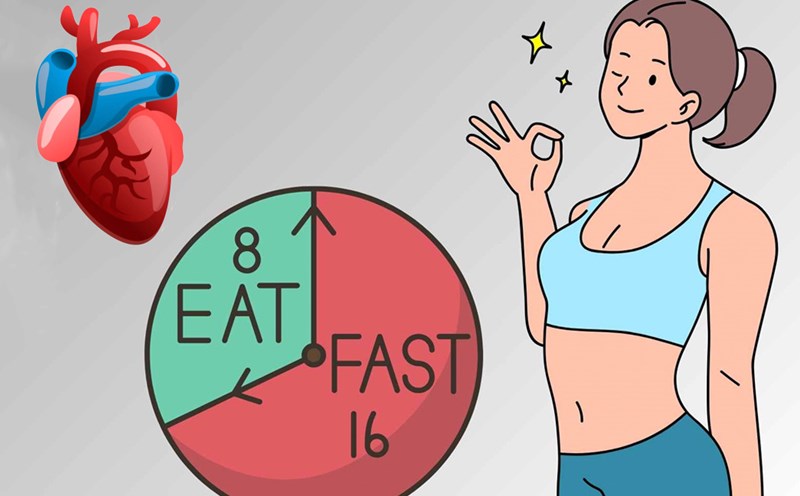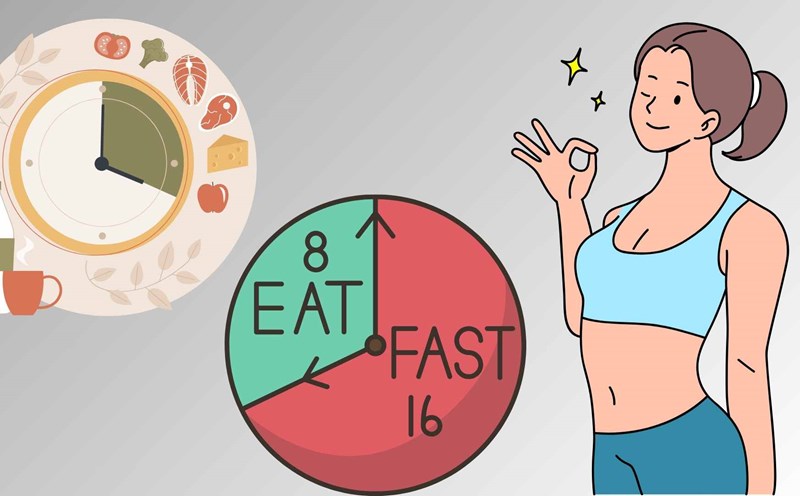Fasting is a diet that limits or completely avoids eating for a period of time, in which intermittent fasting is the most popular method. According to nutritionist Ashley Baumohl, RD, member of the verywell Health Health Health Examination Council (USA): Intermittent eating can bring health benefits, but it is important to choose the right method and have medical instructions, especially if you have underlying diseases.
Improve blood sugar control
Research shows that intermittent fasting helps lower blood sugar and triglycerides in people with prediabetes or at risk of type 2 diabetes. One study recorded that 90% of participants reduced diabetes medication, more than half of which improved after 3 months of application.
Reduces inflammation
Fasting can reduce chronic inflammation, a factor associated with many chronic diseases. Some studies have shown that people who fast intermittently have lower inflammation and cardiovascular risk factors than those who do not fast.
Weight loss
Fasting helps reduce calorie intake, forcing the body to burn stored fat for energy, and can also regulate hunger hormones. Comprehensive analysis shows that people who apply this method lose an average of 7 - 11 pounds in 10 weeks.
Increased growth hormone (HGH)
Fasting can increase hormone levels, a protein that supports growth, metabolism, and muscle strength. Research shows that HGH can increase significantly after just 24 hours of fasting and increase 10 times after about 37.5 hours.
Improve cardiovascular health
Some studies show that fasting every other day helps reduce total cholesterol, LDL and blood pressure in overweight people. However, more long-term evidence is needed to confirm the effectiveness of heart disease prevention.
Improve brain health
animal experience shows that intermittent fasting can protect nerve cells, support cognitive function and reduce the risk of neurodegenerative diseases such as Alzheimer's.
Reduces the risk of certain cancers
By losing weight and improving metabolism, fasting can indirectly reduce the risk of certain cancers. However, most of the current evidence is new from animal research.
Positive impact on longevity
Some studies link fasting with prolonging healthy life, possibly by reducing the risk of chronic diseases and improving the immune system.
How to fast safely:
Choose a method that suits your lifestyle.
Prepare yourself with a balanced diet and drink enough water.
Start with a short time frame for the body to adapt.
Maintain gentle and relaxing activities.
Stop fasting if you have unusual symptoms.
Ms. Baumohl emphasized: " Pregnant women, mothers, minors, the elderly, people who have had anorexia disorder or are taking medication should consult a doctor before applying fasting".









